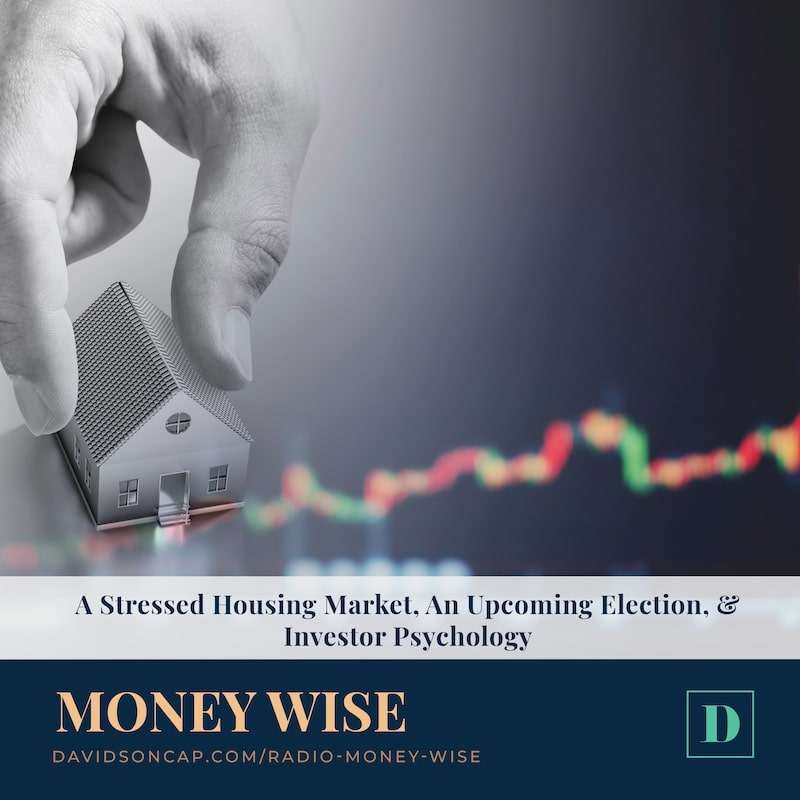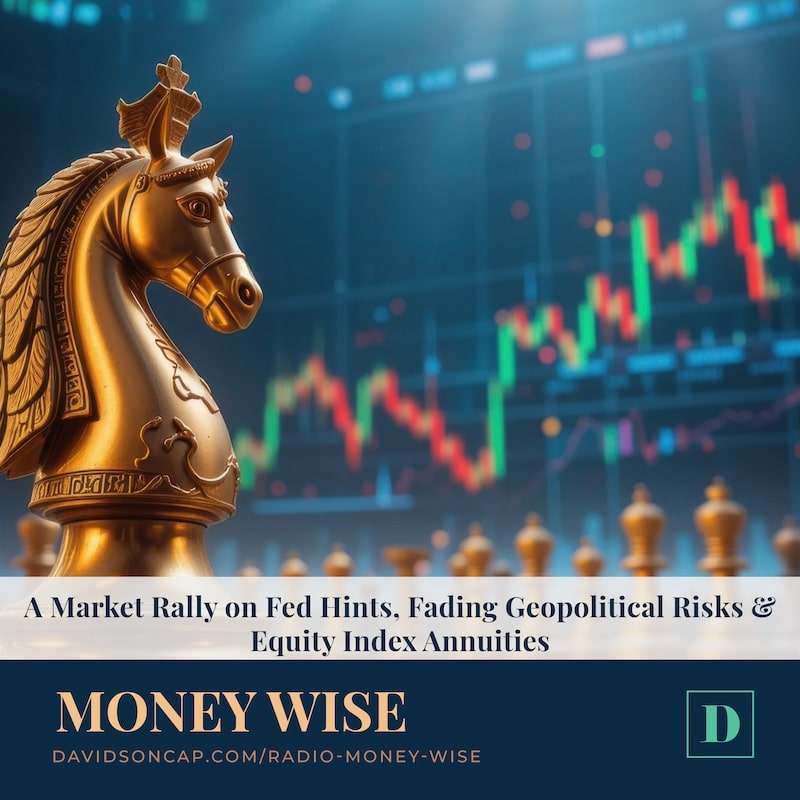In this week’s episode of Money Wise, the Money Wise Guys discuss the recent performance of major stock indices, noting a mixed week with the Dow Jones Industrial Average remaining flat, while the S&P 500 and NASDAQ experienced significant corrections, dropping by 3% and 5.5% respectively. Year-to-date, the indices show modest gains, but the NASDAQ is notably close to zero growth for the year. The conversation highlights the sharp downturns, particularly in the NASDAQ, which had its worst week in a long time. Jeff speculates whether the Dow has completed its correction or if more downturns lie ahead, noting that the market’s focus is primarily on the NASDAQ and S&P 500 due to their broader tech and AI-focused companies. The discussion also covers rising interest rates with the 10-year Treasury yield hitting 4.623%, sparking market nervousness. The Money Wise guys reflect on the Federal Reserve’s current stance, indicating no imminent rate cuts due to ongoing inflation concerns, which appears to have not yet been fully controlled. Additionally, the housing market is spotlighted for showing significant stress, with housing starts and existing home sales both declining.
The episode also touches on rising living costs under the current administration, potentially influencing voter sentiment in the upcoming November elections. They also take time to disucss the broader market sentiment, with some analysts initially expecting several rate cuts this year, and how the market is now adjusting to a "higher for longer" interest rate scenario, aligning with fewer expected rate reductions.
A Stressed Housing Market
The housing market is currently facing significant stress, evidenced by declining trends in both housing starts and home sales. In March, housing starts plummeted by 14.7%, indicating a substantial slowdown in new residential construction, which can be a key driver of economic activity and consumer confidence. Concurrently, existing home sales also fell by 3.7%, reflecting a reticence among buyers, possibly due to high mortgage rates, elevated home prices, and economic uncertainty. These downturns in critical housing market indicators suggest a broader cooling off in the real estate sector, which could have ripple effects across the economy. As the housing market is often a bellwether for economic health, these declines are particularly concerning, signaling potential challenges ahead for both the real estate market and the broader financial landscape.
In the second hour today, the Money Wise guys discuss Investor Psychology. You don’t want to miss the details! Tune in for the full discussion on your favorite podcast provider or at davidsoncap.com, where you can also learn more about the Money Wise guys or take advantage of a portfolio review and analysis with Davidson Capital Management.




